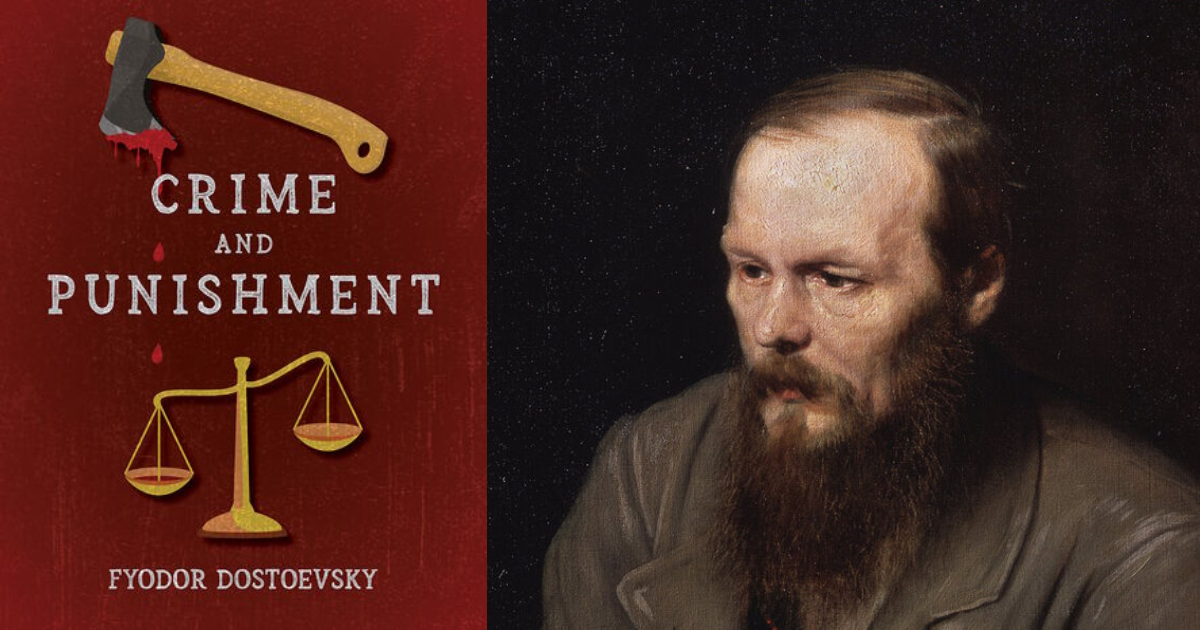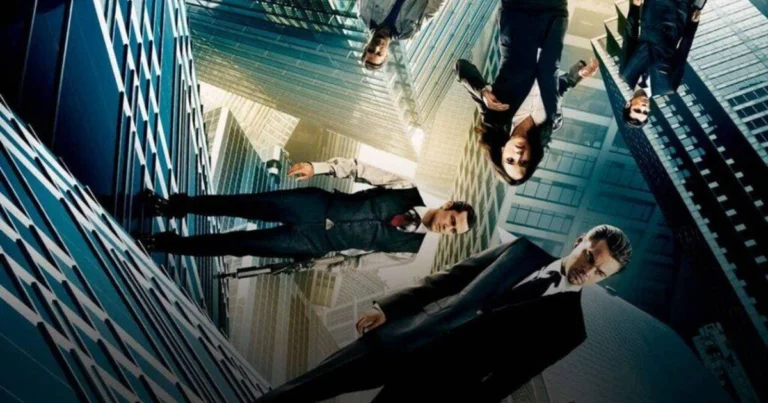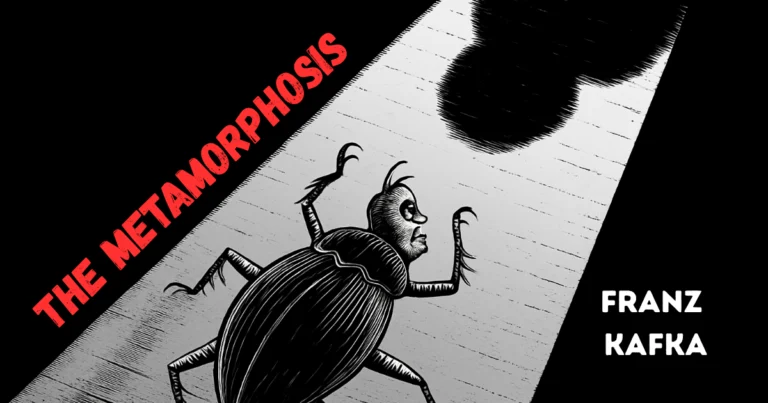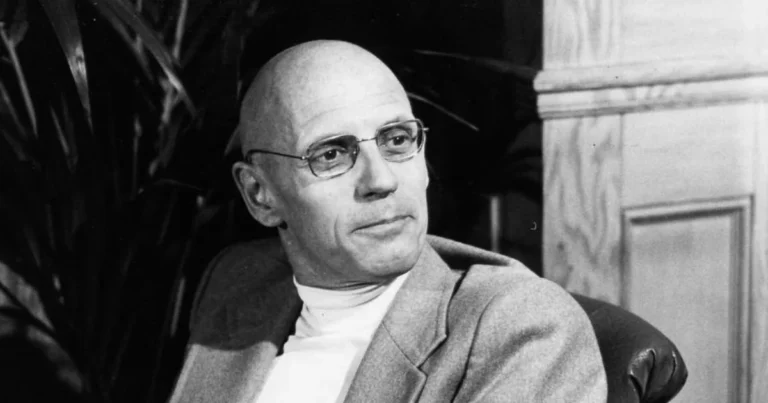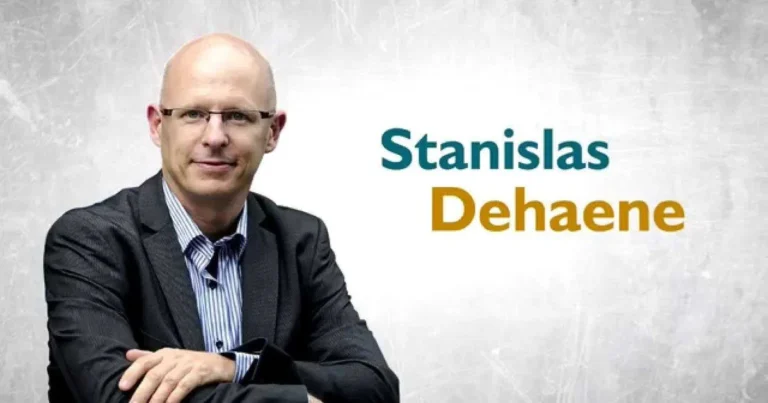Crime and punishment: when logic crosses the line
Is it possible to kill in the name of an idea? Can one, through pure logic, erase a human being from the world’s equation without something within us recoiling? Rodion Raskolnikov, the tormented protagonist of Crime and Punishment, tried to do just that. A brilliant student fallen into poverty, he devises a cold and implacable theory: that certain men, superior men, may even have the duty to transgress ordinary moral boundaries for the sake of a higher good. A murder committed with surgical precision, as if it were a mathematical proof.
And yet, something resists. Something creeps in, obsesses, poisons every thought. It is not the fear of punishment. It is something else. A tremor in the soul, a weight without a name.
In Dostoevsky’s world, the human being can never be reduced to logic alone. Lurking in the folds of consciousness is something invisible that no reasoning can erase. Raskolnikov’s guilt is not social, nor religious, it is proof of an inner life. A silent voice struggling in the dark, which the entire novel strives to reveal without ever naming.
This may be where the raw power of Crime and Punishment lies: in the tragic struggle between a theory that seeks justification and the dark, irrepressible force that reminds us that thinking is not the same as living. In exploring this abyss, Dostoevsky does not offer a moral, he forces us to confront what we become when nothing stands between us and ourselves.
Murder by logic: the dangerous seduction of pure thought
Raskolnikov does not kill in anger or desperation. He kills as a philosopher, or rather, an apprentice philosopher. His act is not impulsive or passionate: it is theoretical. Dostoevsky presents us with a premeditated, coldly calculated murder rooted in a disturbing idea: that some lives are useless or even harmful, while others, deemed superior, may rise above conventional morality to serve a higher mission.
Raskolnikov articulates this theory in a published essay, arguing that history is shaped by “extraordinary” individuals who must sometimes spill blood for the sake of human progress. In doing so, he anticipates the philosophical outlook that would later emerge in Nietzsche’s work, particularly the concept of the Übermensch, a figure unbound by traditional values, the creator of his own laws. Although Raskolnikov cites Napoleon as his model, a man who wrought death to build an empire, he ultimately embodies a proto-Nietzschean worldview: one of power, greatness, and deliberate transgression.
However, Dostoevsky immediately tests this theory against reality. Raskolnikov does not kill a tyrant or oppressor. He chooses an old pawnbroker, a disagreeable, miserly woman, yes, but fundamentally insignificant. And it is precisely here that doubt begins to creep in.
Why does this murder leave such a void? Why, despite all his reasoning, does horror eclipse satisfaction?
Because he has crossed a line. An invisible line that no reasoning can justify once it has been transgressed.
Raskolnikov’s error is not merely moral, it is ontological. He believes the act can be abstracted, contained within an intellectual framework, as if killing were an equation. But logic cannot silence what his body, his gaze, his nightmares have already begun to betray: you cannot take a life without something in you dying as well.
What is striking, in rereading Crime and Punishment through a contemporary lens, is how uncannily Dostoevsky anticipates the great moral questions of the 20th century. Before Nietzsche ever outlined the Übermensch, Raskolnikov embodied it, not as a hero, but as a man broken by the very idea of transcending human morality. Dostoevsky never read Nietzsche. But Nietzsche read Dostoevsky. He once said, “Dostoevsky is the only psychologist from whom I have anything to learn.”
Proof, if it were needed, that literature sometimes glimpses the abysses that philosophy has not yet named.
Where Nietzsche exalted the power of the transgressor, Dostoevsky explored its inner toll, its psychic scars. And perhaps this is the essential divergence between the two: Nietzsche admired the greatness of overstepping; Dostoevsky revealed the abyss it opens in the human soul.
It is a shame, one might say, that Nietzsche overlooked this irreducible guilt, not as a weakness to be eliminated, but as the last vestige of our humanity when everything else seems justified.
What guilt cannot forget: the invisible weight of the crime
Once the crime is committed, Raskolnikov does not become free, he becomes ill. And this illness has no name. It is neither a rational fear of being caught, nor a moral remorse learned from doctrine. It is something else, something mute and corrosive. Dostoevsky never defines it outright. He merely shows its effects: fever, nightmares, panic, incoherent behavior, desperate flights. The protagonist is at war with a force no logic can dissolve.
This force is guilt. But not the kind confessed in church or adjudicated in court. This is ontological guilt, primitive, as though the act of killing itself had shattered something essential in his being. Raskolnikov had hoped to commit the crime as a detached, surgical act, a means to an end. Yet from the moment blood is spilled, his entire being betrays him. He cannot bear what he has become.
He does not regret killing an old woman.
He suffers because he has torn himself from himself.
This is Dostoevsky’s genius: he does not theorize conscience, he makes it palpable. At no point does the novel impose external moral judgment. Instead, it immerses us in the raw experience of a man discovering the irreversible within.
What reason overlooks is that man is not merely a thinking animal. He is also made of that shadowy, sensitive substance, that invisible thread that binds him to others, to life, to the world. And when Raskolnikov tries to sever that thread, the wounded part of him screams. It takes the shape of delirium, of self-rejection, of the exhaustion of existing without meaning. Call it soul, or conscience, or humanity, Dostoevsky never names it. He evokes it instead, lets it rise in waves, like a chill down the spine.
The voices raskolnikov cannot escape
Raskolnikov is not alone in his descent. Around him orbit figures who do not judge him but instead reflect back what he struggles to suppress: that irreducible, invisible part of himself that continues to bleed long after the crime.
Sonia: light in the mire
Sonia Marmeladov is one of the novel’s most disarming characters. Forced into prostitution by necessity, she nevertheless embodies an unshakable moral purity. She never judges, never lectures, never tries to reform Raskolnikov. She is simply there. Present. She listens, stays with him, offering only her silent loyalty and her gaze filled with compassion.
Her paradox is her strength: she is both humiliated in the eyes of the world and inviolable in her being. Where Raskolnikov seeks to justify evil for the sake of good, Sonia endures evil without ever ceasing to love. She is the antithesis of his cold logic, she lives truth rather than thinks it.
And it is this presence that becomes a merciless mirror: the more Sonia stands firm in her dignity despite her shame, the more Raskolnikov collapses under the weight of his rationalized pride.
Porfiry: Justice without violence
Porfiry Petrovich, the investigating magistrate, is no brutal enforcer. He does not seek to trap Raskolnikov but to reach him as a human being. His interrogations are ambiguous, almost philosophical. He does not accuse, he unsettles. He penetrates Raskolnikov’s reasoning, nudging it toward absurdity, until the young man becomes lost in his own logic.
Porfiry is a living embodiment of conscience, calm, patient, almost compassionate. He does not punish; he waits for the truth to surface. When he tells Raskolnikov that he will confess, not because he’s caught, but because he will no longer be able to live without confessing, we understand that the justice he represents is not legal, it is existential.
The city: mental labyrinth
And then there is Saint Petersburg. Suffocating, grey, filthy. Its tangled alleyways mirror Raskolnikov’s thoughts. The stairwells are steep, the lodgings decrepit, the corridors stifling. Nothing is calm. Nothing is stable. Even the light seems absent or veiled.
Dostoevsky turns the city into a character of its own. It is not backdrop, but reflection, a mirror of the protagonist’s inner state. As Raskolnikov sinks deeper into isolation, the city grows more hostile, chaotic, circular. He wanders endlessly, through its streets, and through his own mind. And within this mirrored city, conscience lurks at every corner. There is no escape.
Sonia, Porfiry, the city, none of them confront Raskolnikov with words. They do not oppose his logic. They simply, relentlessly, reflect what he tries to annihilate: the human part of himself he thought he could kill.
Redemption: Not forgiveness, but the reclaiming of the human
Redemption, in Dostoevsky’s vision, does not descend from above. It is not divine grace. It does not come from others. It is born of a slow, painful, and lucid passage through inner chaos. For Raskolnikov, redemption is not delivered by the legal system or a dramatic confession. It begins the day he stops lying to himself.
His confession does not bring immediate relief. It is not a sudden liberation. But it marks his first true act of honesty, the first moment he chooses to stop fleeing from the wounded part of himself. He does not become good or pure. He simply becomes real. And that alone is monumental.
Ironically, prison in the novel is less oppressive than the city. In confessing, Raskolnikov stops spinning in circles. He ceases calculating. He reconnects with a form of inner verticality. He is now stripped bare, but alive. And most of all, he is no longer alone. Sonia is still there, unwavering, without judgment, without condition.
She never pushed him to confess.
She simply stayed by his side until the confession became inevitable.
This is the essence of Dostoevskian redemption: the capacity to endure reality, to accept one’s flaws, to reenter, even if broken, into relationship with the world.
Redemption is not a happy ending. It is a beginning. A possible return to the self.
The real punishment
Crime and Punishment is not a novel about crime. Nor is it a novel about the law. It is a novel about what remains within us when reason has justified everything, when the world has collapsed, when nothing is left but the voice inside that refuses to be silenced.
Raskolnikov wanted to prove that one could kill without trembling, think beyond good and evil, live by a pure, detached logic. But he discovers that in man, something always escapes the system. A tremor. A void. A silence that haunts. And it is that silence, that abyss, that ultimately saves him.
This novel does not deliver a moral lesson. It plunges us into an existential experience: the limit. The limit between what we can conceive and what we can endure. Between what we can justify, and what we can live with.
And at the center of this journey, one word remains, quietly embedded in the title: Punishment.
But Dostoevsky’s punishment is not external. It comes neither from judges nor from God. It arises from the depths, like a nameless wound.
Because the true punishment is not justice served.
It is a conscience that refuses to die.
It is that part of ourselves we tried to silence, and which returns, not to accuse, but to remind us that remaining human is painful… but also a grace.
Reference
Dostoevsky, F. M. (1993). Crime and Punishment. New York: Vintage Classics.

Amine Lahhab
Television Director
Master’s Degree in Directing, École Supérieure de l’Audiovisuel (ESAV), University of Toulouse
Bachelor’s Degree in History, Hassan II University, Casablanca
DEUG in Philosophy, Hassan II University, Casablanca

